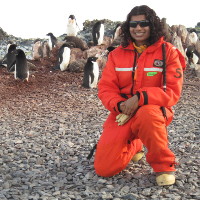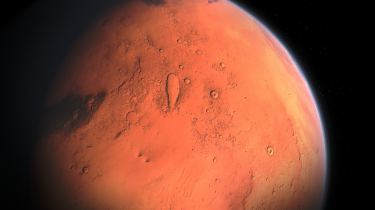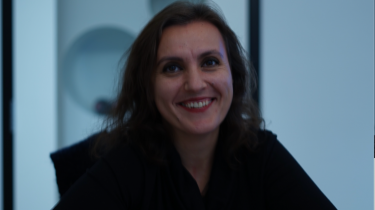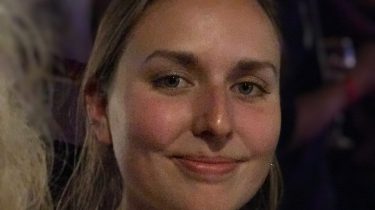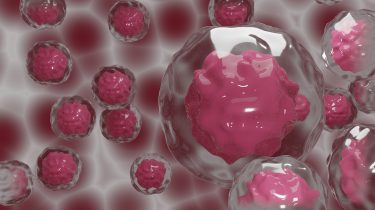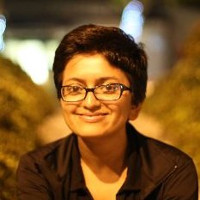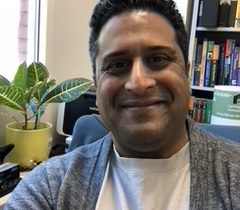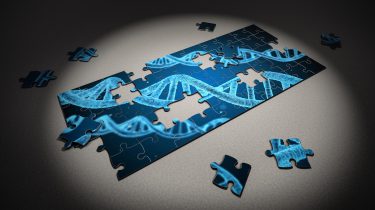Science in Philosophy, Philosophy in Science – Dr. Jacob Haqq-Misra
By Kurt Ger Jacob Haqq-Misra is a research scientist at Blue Marble Space Institute of Science. His areas of focus include planetary habitability, atmospheric dynamics, environmental ethics, extraterrestrial life, and space settlement (he has an upcoming book on the subject with the University Press of Kansas). He completed his Ph.D. in meteorology and astrobiology (2010) and his M.S. in meteorology (2007) from Penn State University. He also holds degrees in astrophysics and computer science from the University of Minnesota (2005). […]
Read more

